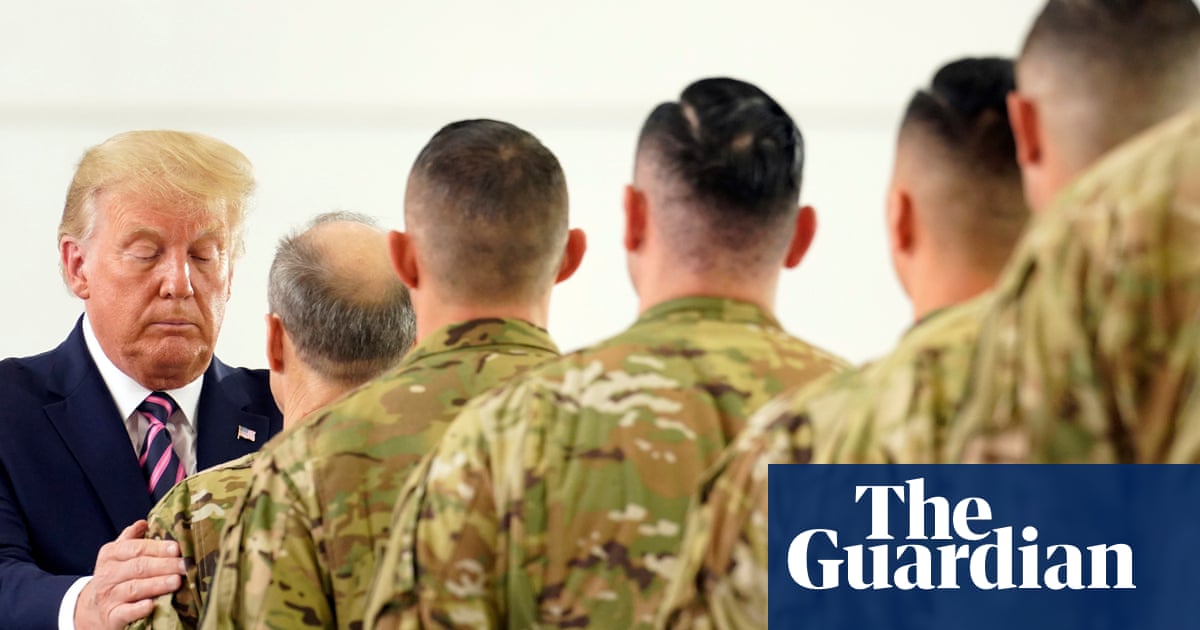Trump’s Deployment of National Guard Troops: A Closer Look
On a recent Saturday, former President Donald Trump declared his intention to deploy 2,000 California National Guard troops to Los Angeles in response to ongoing immigration protests. This decision was met with resistance from California’s Governor, Gavin Newsom, raising significant questions about the implications of such federal actions on state governance and civil rights.
The Legal Framework for Military Deployment
One of the pivotal aspects of this situation involves understanding the legalities surrounding the deployment of troops on American soil. Generally, federal military forces are restricted from engaging in civilian law enforcement duties against US citizens, except in emergencies. The primary legal mechanism enabling a president to activate military forces during domestic unrest is the Insurrection Act—an 18th-century law historically invoked during times of rebellion.
However, in this instance, Trump chose not to invoke the Insurrection Act but instead relied on a different federal statute that allows him to federalize National Guard troops under specific conditions. The law’s stipulations are quite clear: troops can be activated for federal command when the country faces invasion, rebellion, or when the president cannot enforce federal laws with regular forces.
A critical point of contention arises with the law’s requirement that orders for troop activation should typically be issued through the governors of the states involved. Therefore, Trump’s decision to deploy troops without Governor Newsom’s agreement remains legally ambiguous and could provoke further debate about state versus federal authority.
The Role and Limitations of the National Guard
Trump’s proclamation concerning the National Guard emphasizes their limited role: they are to provide support to US immigration officers without engaging in direct law enforcement activities. Legal experts, like Steve Vladeck from Georgetown University Law Center, argue that this distinction is crucial. The lack of an invocation of the Insurrection Act means that the National Guard cannot legally partake in regular law enforcement unless under very specific conditions.
This raises pertinent questions about the potential for conflict. While the troops will not be directly enforcing the laws, their presence may escalate tensions, leading to situations where force might be considered necessary. Critics argue that merely offering protection to immigration officers does not exempt the National Guard from the risk of using excessive force.
Historical Context of Troop Mobilization
Historically, the Insurrection Act has been utilized in critical moments, such as during the civil rights movement. In the late 1950s, President Dwight Eisenhower sent the 101st Airborne Division to Little Rock, Arkansas, to protect Black students during school desegregation. Similarly, President George H.W. Bush invoked the Insurrection Act in 1992 amid the Los Angeles riots following the acquittal of police officers in the beating of Rodney King.
While the National Guard has been mobilized for numerous emergencies—ranging from natural disasters to public health crises—it is typically done with the consent of state governors. The current situation diverges from this precedent by introducing federal control without state sanction, which could set a concerning precedent for future actions.
A Willingness to Utilize Military Force
Trump’s deployment of National Guard troops is not an isolated incident. In 2020, he urged governors to send their National Guard units to Washington D.C. to manage protests triggered by the killing of George Floyd. Many governors complied, reflecting a broader willingness among some state leaders to assist the federal government in managing civil unrest.
Despite never invoking the Insurrection Act during his first term, Trump left the door open for stronger actions in potential future scenarios, hinting that he would not hesitate to use military force if similar protests arose again. His advisers have elaborated on plans to leverage the National Guard for immigration enforcement, suggesting that sympathetic Republican governors could send troops to states that refuse to comply.
In the wake of Trump’s proclamation, Defense Secretary Pete Hegseth indicated that active-duty Marines stationed at Camp Pendleton would remain on high alert, further underlining the tense atmosphere that continues to evolve in response to immigration-related unrest.
Implications for Future Responses
The dynamics between state rights and federal authority are at the forefront of this issue. With Trump signaling his readiness to deploy military forces domestically, the implications for civil liberties, state governance, and community relations could be profound. The situation in Los Angeles serves as a case study in the complexities surrounding military intervention in civilian matters, shedding light on the ongoing tension between federal oversight and state autonomy.


